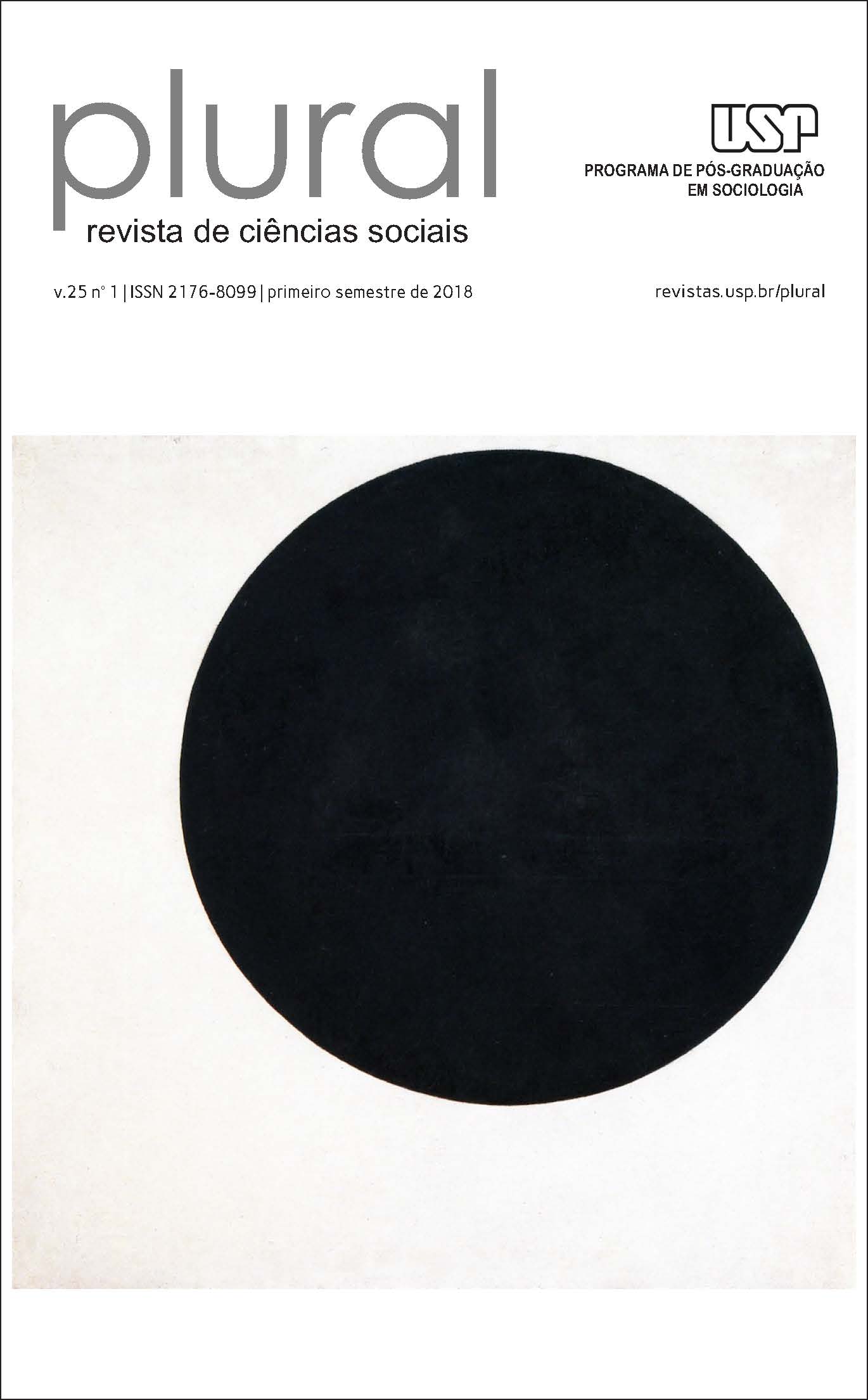Fraying of the future: transformations in São Paulo destiny representations in the 1950
DOI:
https://doi.org/10.11606/issn.2176-8099.pcso.2018.148913Keywords:
Representations of future, City of São Paulo, History of sociology, History of urban planningAbstract
Following the representations of the future of the city of São Paulo produced during the 1950s, we can see an important change in the hegemonic feeling related to it. At the beginning of the decade, the future of the city was viewed with optimism and dominantly represented as one of continuous and unlimited growth. By the end of the decade, in contrast, it was still imagined that the destiny of the metropolis would be to grow indefinitely, but that became a matter of concern and pessimism. The transition from one feeling to another is marked, in the first instance, by the intensification of discussions between urban planners who occupied important positions in the political field. However, it was from the vigorous entry of the humanities in the debates on the city that pessimism was consolidated as a dominant feeling. As we argue throughout the article, the change of the moods was not only a result of the social scientists’ arguments, and it was accompanied by transformations in the division of the work of domination: important figures in the debates about the city lost space for a group of new intellectuals, who imposed themselves and came to control the public debate about São Paulo.
Downloads
Downloads
Published
Issue
Section
License
Copyright (c) 2018 Política de direitos compartilhados

This work is licensed under a Creative Commons Attribution-NonCommercial-ShareAlike 4.0 International License.
Ao submeter seu trabalho à Plural, o autor concorda que: o envio de originais à revista implica autorização para publicação e divulgação, ficando acordado que não serão pagos direitos autorais de nenhuma espécie. Uma vez publicados os textos, a Plural se reserva todos os direitos autorais, inclusive os de tradução, permitindo sua posterior reprodução como transcrição e com devida citação de fonte. O conteúdo do periódico será disponibilizado com licença livre, Creative Commons - Atribuição NãoComercial- CompartilhaIgual –, o que quer dizer que os artigos podem ser adaptados, copiados e distribuídos, desde que o autor seja citado, que não se faça uso comercial da obra em questão e que sejam distribuídos sob a mesma licença (ver: http://www.creativecommons.org.br/).







